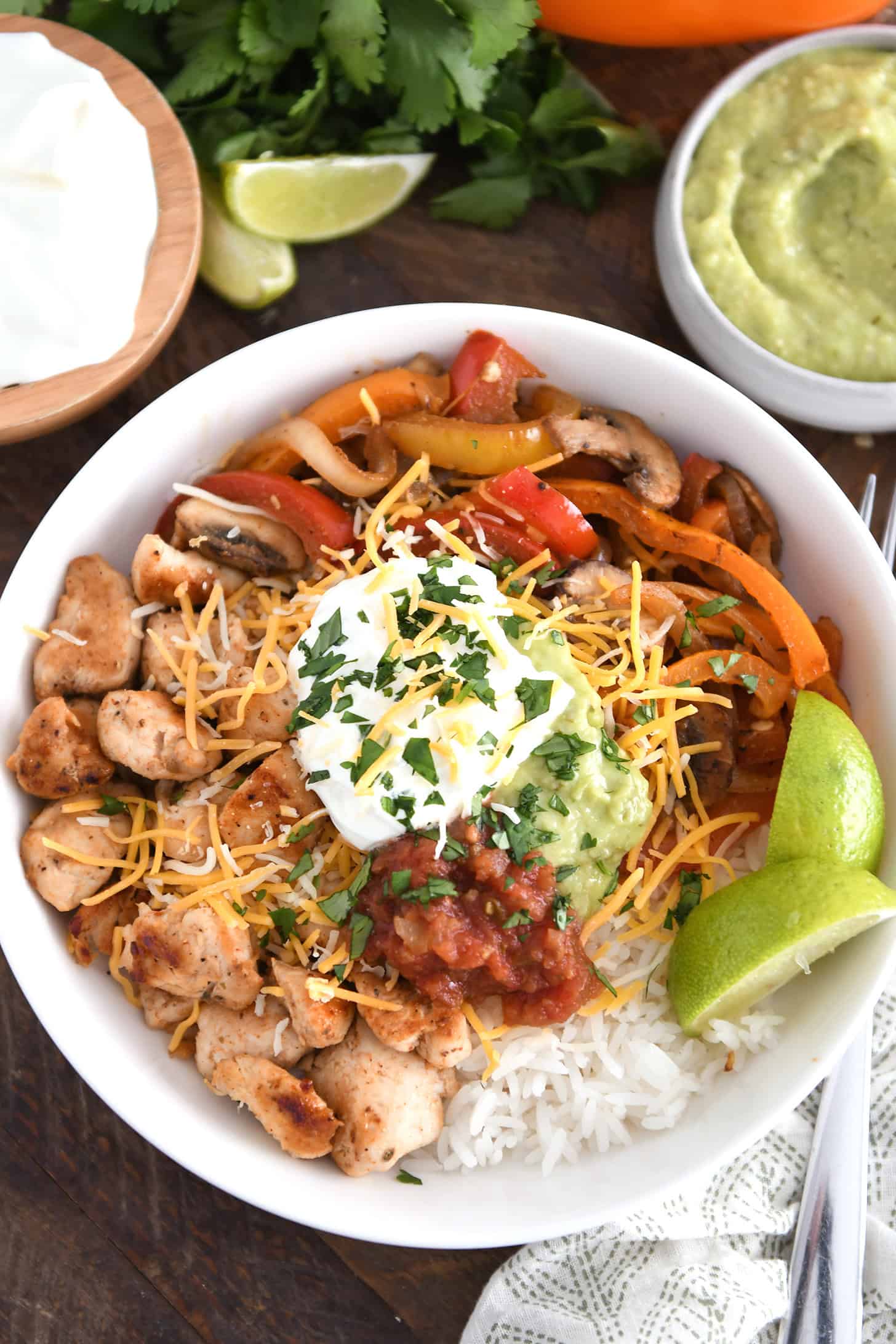Learning to cook helped me heal after my mother's death
My mother died before I learned to cook traditional Libyan dishes from her. Eventually finding my way in the kitchen helped me connect with her again.
SolStock/Getty Images
- I always enjoyed my mother's cooking, but didn't learn from her while she was still alive.
- Returning to Libya helped the me reconnect with family and learn traditional recipes.
- I feel my mother's presence in my own kitchen as I now have the confidence to cook and entertain.
I was 18 when my mother died. As difficult as it was to process, another tragedy loomed over me, one far less visible to the naked eye — I never learned how to cook from her.
Food was the thread running throughout my mother's life. There was fluffy Libyan couscous topped with glowing orange slices of pumpkin for dinner, pink Barbie princess cakes and strawberry jammed pastries for birthdays, as well as platters of her bright mouthwatering lasagna that fed our entire mosque congregation. Libyan rishta kiskas that summoned her archaic pasta maker from the darkness of the kitchen cabinet; There was also her her pastries — basbousa, abambar, pasta flora, fruit tart — which she crafted for every house party she threw.
In her life, food stretched far beyond nourishment. It was one enormous show of love, one tangible anchor of memory. I reveled in her cooking, but I never took interest in learning. My inability to carry on my mother's culinary legacy caused me to feel I'd colluded in her death in my own way. Courtesy of Nour Naas
A sparse kitchen, and even fewer skills
After the funeral, I moved into the only place I could afford, a rundown apartment unit with not a whisper of a kitchen — no sink, no stove, no oven — which deepened my distance from food.
With only a thrifted fridge and a cheap electric cooktop I purchased from Walmart, I strove to learn. I would try making tilapia which I season poorly and cooked to shreds. Ultimately, I gave up on the kitchen, haunted by my lost inheritance. I survived off whatever I could unearth at the corner store or the surprise aluminum trays full of home-cooked meals community members dropped off.
A new chance to get it right
At 23, everything shifted when I left California to return to Libya for the first time since my mother's death to be with her family. Still entrenched in grief, being able to finally mourn together enabled me to wholeheartedly approach the kitchen.
I asked my Auntie Leila to teach me how to make couscous, and she happily agreed. It was a favorite dish growing up, one my mother would typically make on weekends. I peeled carrots and potatoes as she seasoned the bubbling lamb stew. My prodding about measurements and cooking times did nothing but elicit her to huff out an age-old Libyan proverb that roughly translates to "my eye is my scale."
It was a bittersweet compensation for all the years I missed with my mother in the kitchen. Though the couscous was not an exact replica of my mother's recipe, it managed to capture the essence of it, giving me the strength to move forward on my own culinary journey.
Finding the confidence to try
Upon returning to California, I cobbled together the best kitchen I possibly could. I splurged on a new fridge, a new cooktop, and thrifted a shelf to store spices. I even procured my first apron, which felt as symbolic as planting a flag atop Mount Everest. Courtesy of Nour Naas
I made dishes from around the world: gochujang chicken, doro wat, çilbir, and shokupan. At my mother's friends' homes, where I had always sat on the outskirts of their kitchens, I began to invite myself beside them at the stove. I learned their beloved recipes and I taught them the ones I had recently learned. I fell in love with the transformative ritual of kneading, mixing, and stirring. Most of all, I fell in love with how I was transforming, how each dish made my grief easier to carry.
Years later, I moved out of my unit and into a home fit for the living. The apartment was modest, but it felt like a palace to me, complete with a sink, stove, and oven. I ecstatically hosted my first-ever gathering. As I flitted from one corner of the kitchen to the next to prepare dinner, I felt my mother's gentle presence wrap all around me like I was being guided by her spirit while still making the kitchen my own.
I used to wish for a romantic story of how I learned to cook side-by-side with my darling mother. But the real story, pieced together in her absence, is no less filled with love.
What's Your Reaction?













































































